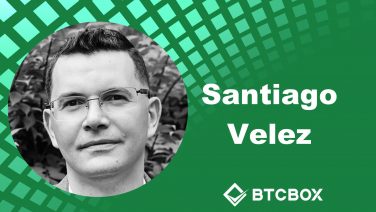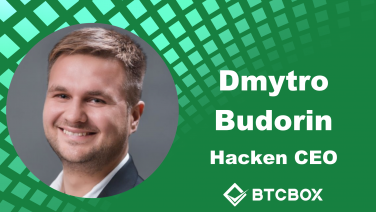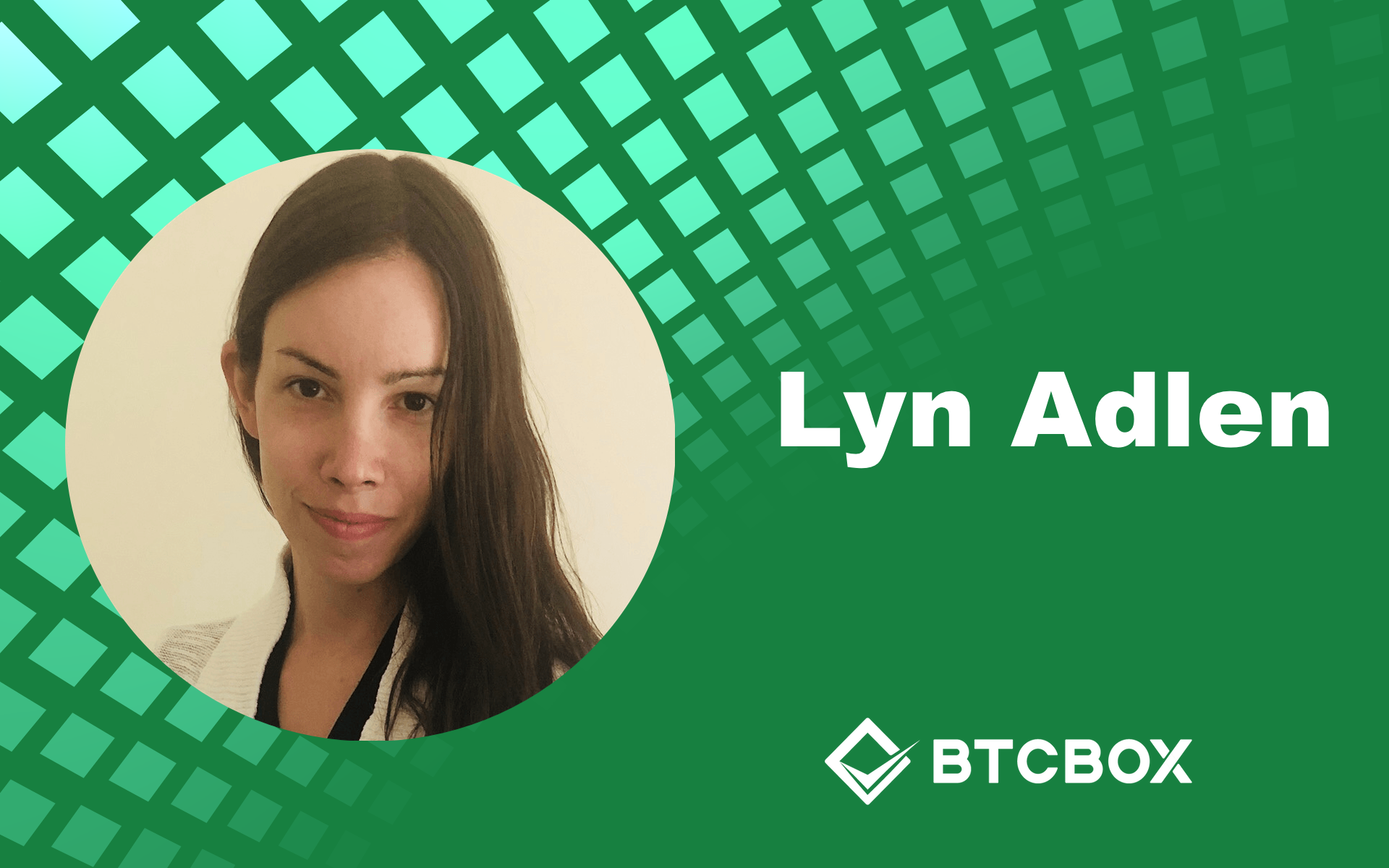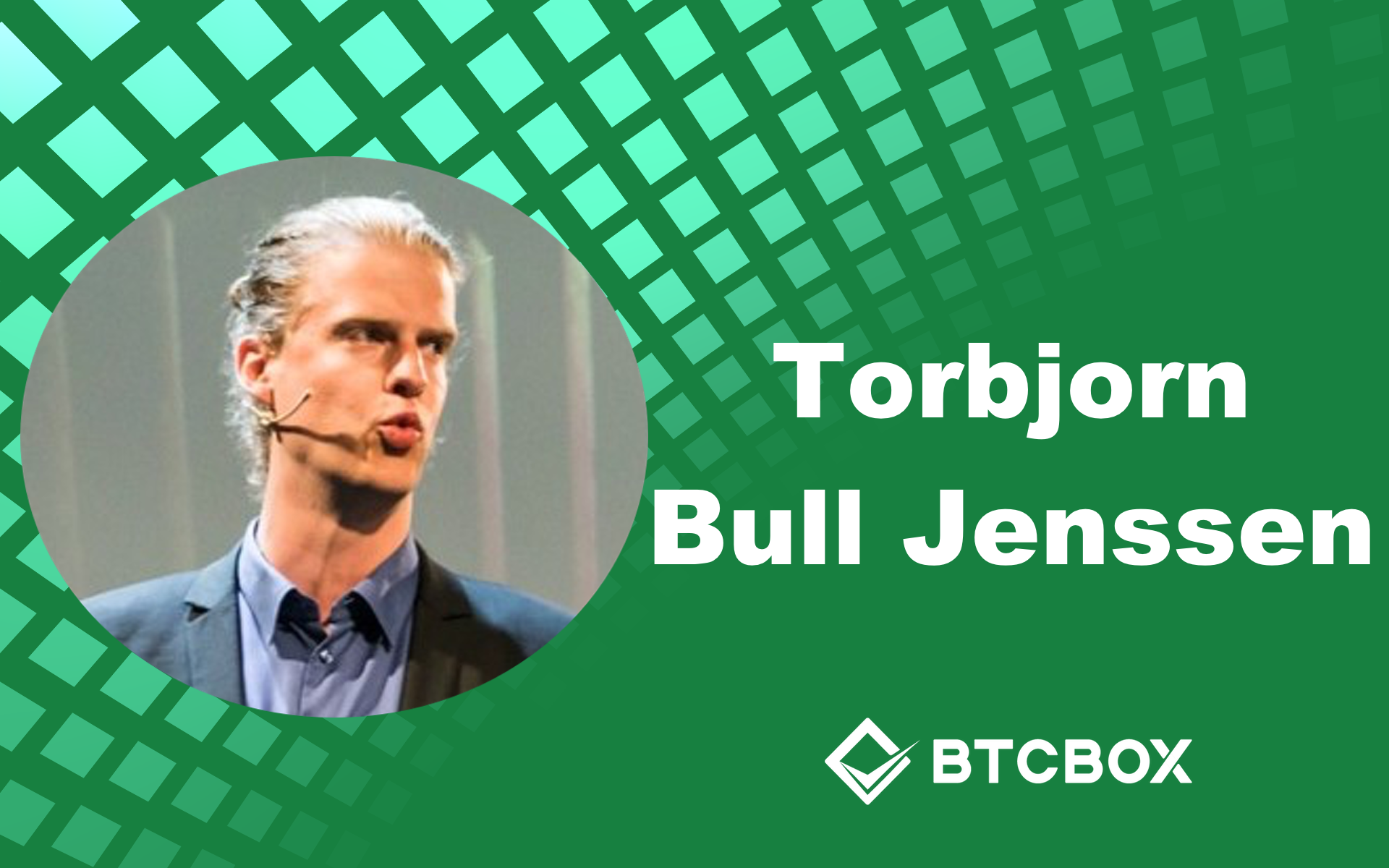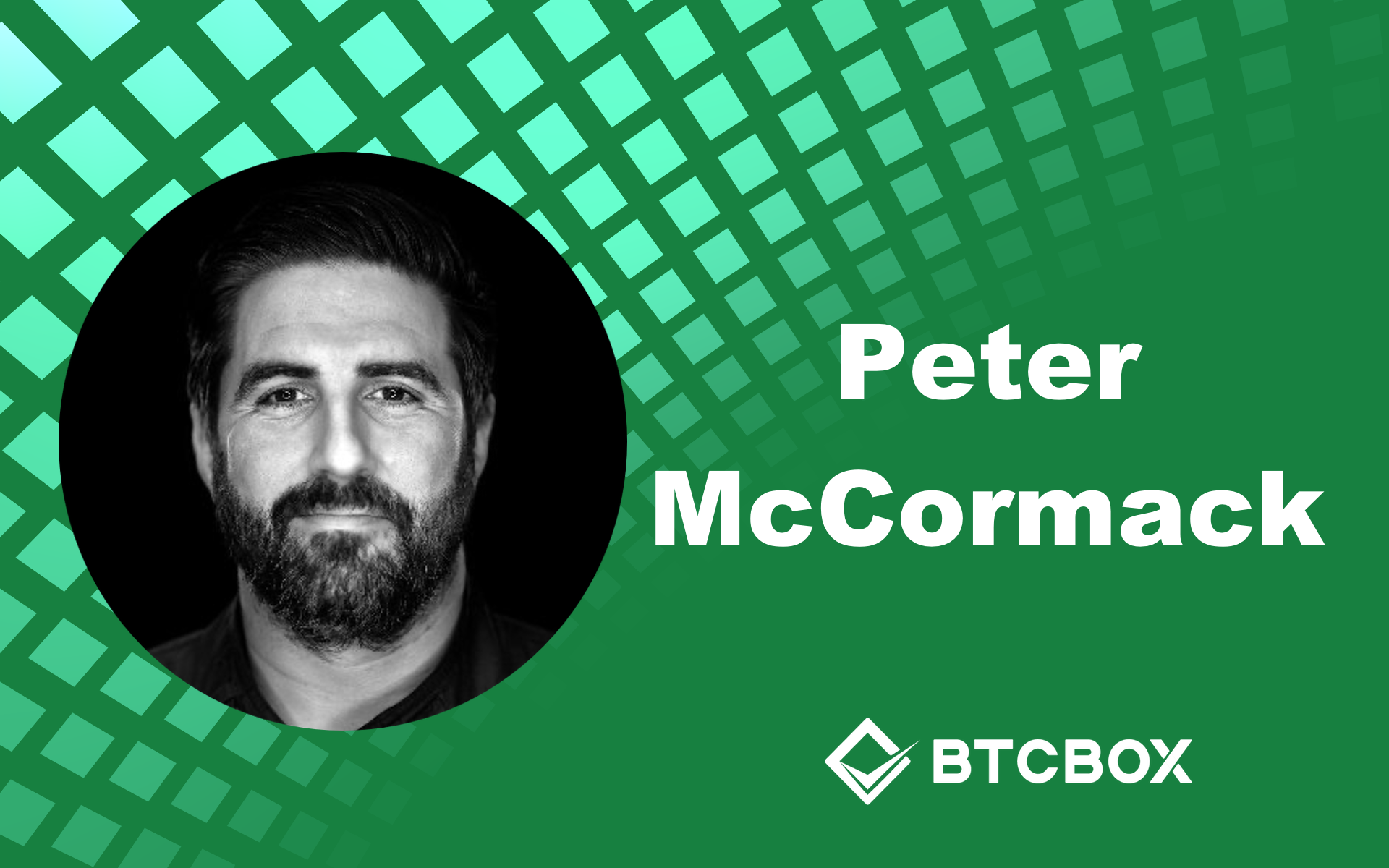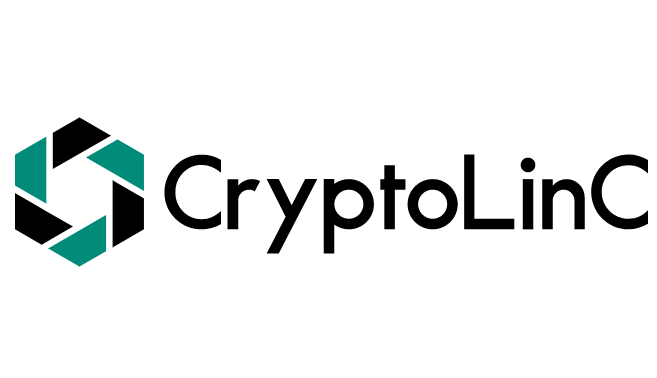 Blog
BlogWhat do you think about NFTs? : Interview with Charlie Lee ②
Non-Fungible tokens are interesting assets and similar to baseball cards on the blockchain. The idea of having a unique non-fungible and limited asset is intriguing. You cannot duplicate the NFT, and if enough people value it, it becomes valuable. Its theory is similar to Bitcoin only being valuable if people value it. The same applies to NFTs; there is limited supply and if you value it, it becomes valuable. Conversely, there will be no value in an asset if there is unlimited supply regardless of how much you value it. I think the NFT concept is cool but I am not sure if it will work out. I think about who and why there is value in a certain NFT token in the first place, and if the value does come from the asset itself or not. The value of Bitcoin and Litecoin comes from the inside of the coins. It is valuable because the network is secure, and you can easily move value around. Besides, you can send value easily, cheaply, securely, and fast to someone on the side of the world.


